What does this involve?
Bachelor of Professional Practice (BP344) students are able to undertake work experience and/or professional practice study between years 2 and 4 of their degree. The Bachelor of Professional Practice provides a flexible learning path, therefore, the industry experience integrated into the degree is just as flexible:
a total of 96 credit points in Professional Practice must be undertaken
students can undertake these courses between years 2 and 4 of their degree (after completion of the Foundation and Core courses)
students are not locked into industry experience relating to a specific field of study
a variety of different Professional Practice courses are available for students to choose from at their discretion
What Professional Practice courses are available to choose from?
Professional Apprentice 1 (BUSM2631), 48 credit points
Professional Apprentice 2 (BUSM2632), 48 credit points
Professional Apprentice courses are the simplest ways to complete the required 96 credit points. Professional Apprentice 2 carries the prerequisite of 1. Professional Apprentice 1 and 2 can be sequential.
Each course expects 480 hours total work, over a 12+ weeks time period at a ‘full-time’ capacity, spread across the semester or teaching period. Placements on these courses should either be at 50% or 100% remuneration at the current minimum wage level or above.
Business Internship 1a (BUSM4471), 12 credit points, available now
Business Internship 2a (BUSM4608), 24 credit points, available now
After completing one of the above courses, you have the option to also enrol into:
Business Internship 1b (BUSM2634), 12 credit points, available now
Business Internship 2b (BUSM2635), 24 credit points, available now
Note: Business Internship can only be undertaken after the corresponding prerequisite courses have been completed
Business Internships allow for a ‘pick and mix’ approach to getting industry experience. This enables students to get important industry experience, without having to commit to one industry partner over 6 to 12 months.
Each Business Internship course requires varying time commitments from the student.
Please Note: Unpaid internships that are outside of an accredited University program may be in breach of the Fair Work Act and therefore might be illegal. For further information please refer to the Fair Work Ombudsman website.
When can I undertake a placement?
Bachelor of Professional Practice (BP344) students are able to undertake their professional practice courses at any point after completing their second year of their degree, as well as having completed their core and foundation courses. There are fewer restrictions in place for students, therefore, it is up to each individual student to self-assess when they should undertake their experience.
Below is an example of study plan that student may undertake:
Year |
Semester |
Course 1 |
Course 2 |
Course 3 |
Course 4 |
Year 1 |
Semester 1 |
Understanding the Business Environment (BUSM2562) |
Business in Society (BUSM2572) |
Impact Academy 1a (BUSM2623) |
Select course from your selected combination |
|
Semester 2 |
Business Decision Making (BUSM2567) |
Integrated Perspectives on Business Problems (BUSM2577) |
Emerging Technology Strategy (BUSM3332) |
Select course from your selected combination |
Year 2 |
Semester 1 |
Developing Professionally (BUSM2543) |
World Business Practicum (BUSM2790) |
Select course from your selected combination |
Select course from your selected combination |
|
Semester 2 |
Impact Academy 2 (BUSM2789) |
Select course from your selected combination |
Select course from your selected combination |
Select course from your selected combination |
Year 3 |
Semester 1 |
Select course from your selected combination / Professional Practice course |
Select course from your selected combination / Professional Practice course |
Select course from your selected combination / Professional Practice course |
Select course from your selected combination / Professional Practice course |
|
Semester 2 |
Professional Apprentice 1 (BUSM2631) |
Professional Apprentice 1 (BUSM2631) |
Professional Apprentice 1 (BUSM2631) |
Professional Apprentice 1 (BUSM2631) |
Year 4 |
Semester 1 |
Professional Apprentice 2 (BUSM2632) |
Professional Apprentice 2 (BUSM2632) |
Professional Apprentice 2 (BUSM2632) |
Professional Apprentice 2 (BUSM2632) |
|
Semester 2 |
Business Research Lab (BUSM4823) |
Select course from your selected combination / Professional Practice course |
Select course from your selected combination / Professional Practice course |
Select course from your selected combination / Professional Practice course |
Program structure
To graduate, you must complete the following. All courses listed may not be available each semester. You must complete a total of 384 credit points (e.g. Thirty-Two 12 credit point courses) as follows:
- Four (4) Foundation courses (48 credit points); and
- Five (5) Core courses (60 credit points); and
- One (1) Capstone course (12 credit points); and
- 96 credit points in Professional Practice; and
- 168 credit points (e.g. Twelve 12 credit point Business Option
- courses and Two 12 credit point University Electives)
What do I do next?
If you are looking at doing one of the Professional Apprentice courses, click the 'Application steps' button at the top.
If you wish to undertake some Business Internship Courses, click below for further information.
1. Source your own placement relevant to your degree
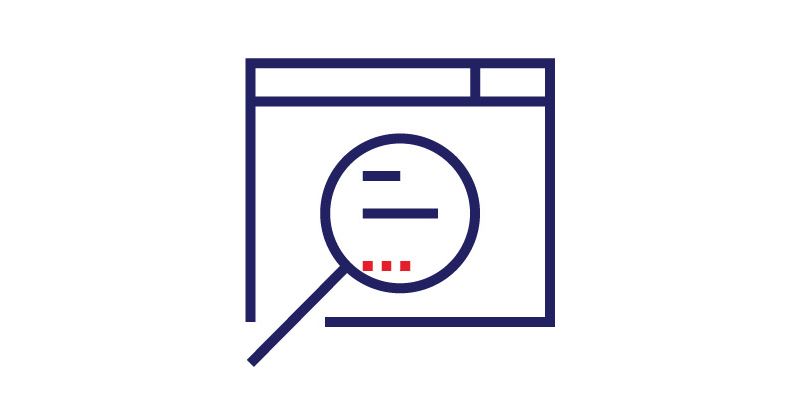
You are responsible for sourcing your own placement that suits you and your degree.
Some ideas of where to start include:
Checking out opportunities on Careers Centre
Approaching businesses in your own community and area
Searching different platforms such as Seek, GradConnections and LinkedIn
Once you have secured a placement, confirm all specific details such as Host Organisation name and address, supervisor contact details, placement dates, location of the placement, negotiated days and hours, key tasks and responsibilities you will be undertaking. This information is critical to complete the RMIT WIL Agreement.

2. Complete the online Internship Enrolment Form
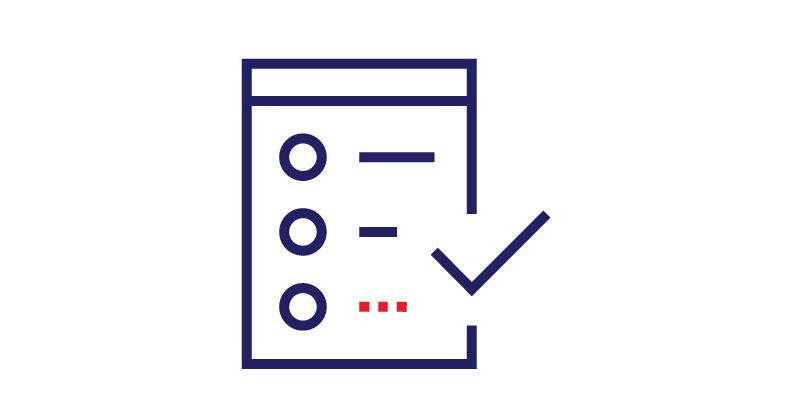
Once you have secured an internship, complete the online Internship Enrolment Form.
Ensure you have enough spare electives in your program to enrol into your chosen course. If you are unsure you can also check via Business Connect.
Before you commence the form, ensure you have the following information ready:
- Position description or offer letter on company letterhead with details of your internship
- Start and end dates of your internship (ensuring it fits within the relevant term/semester dates)
- Total number of days or hours you will be interning for
- Organisation name and address
- Supervisor’s contact details
- What course you want to enrol into e.g. BUSM4483
The WIL Team will check over the details and seek approval of your internship from the relevant Course Coordinator.

3. Complete the RMIT WIL Relationship Agreement
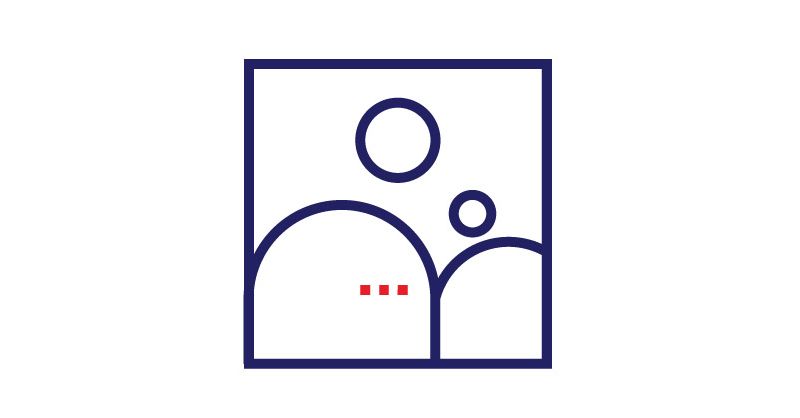
Once our team has confirmed your role has been approved, complete and sign the WIL Agreement
What is the WIL Agreement?
The WIL Agreement is a necessary legal document for formal WIL activity and is between:
- the student
- the host company
- the University
This contract ensures that students and employers are clearly informed of their role and responsibilities during WIL activities. It covers Intellectual Property and details RMIT insurance which covers students whilst undertaking a WIL activity with a partner organisation. The WIL Agreement must be submitted prior commencing placement.

4. Complete the online WIL Ready Credential

Follow the link below to complete the WIL Ready Credential. The credential will provide you additional key information about your WIL placement and getting the most of the internship.
You have a limited number of attempts to pass the modules so ensure you do not rush through the content.

5. Enrol into the course

The WIL team will give you permission to enrol into the relevant course once your role has been approved and WIL Agreement signed.
You will not be able to directly enrol into the course without prior approval.
Once the Semester commences, check out Canvas and ensure you understand the required assessments and submit on time. You should begin your assessments during your placement.

6. For International placements

If you are undertaking a placement overseas you must register your details with RMIT’s Global Mobility system Mobi in order to qualify to receive complimentary RMIT student travel insurance and access to International SOS.
Please also refer to the Student Travel Procedure.
It will detail responsibilities you hold including ensuring you have visas (if required) and reaching additional requirements if your program is in a sanctioned country.

7. Complete a self-placement submission in InPlace
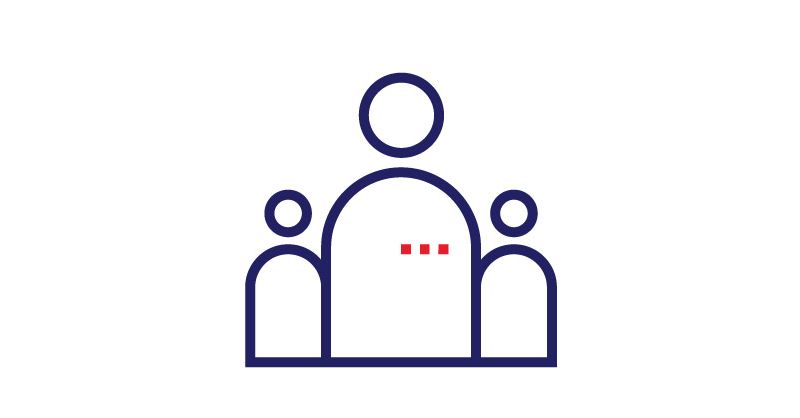
InPlace is RMIT’s central system for managing and recording WIL activity. You will receive an email with instructions for completing this step.
When completing your InPlace submission, you must have the below documents ready to upload:
- The detailed Position Description on the company letterhead
- Your employment contract/letter of offer from the company confirming your position is full time, for a period of 10-12 months and the remuneration (if these details are not covered in the position description)
- Your final signed WIL Agreement
Refer to the Quick Reference Guide (PDF) for specific instructions if needed.

You’re all set!
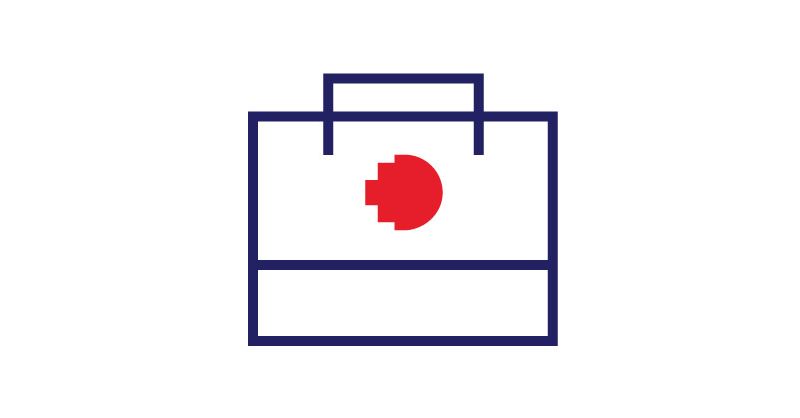
Commence your placement and complete required assessments
Once you have completed the above steps and secured an approved internship, you can commence the role.
Ensure you have read and understood the required assessments. You should start your assessments during your placement.
When Canvas opens, ensure you submit all assessments as instructed.



